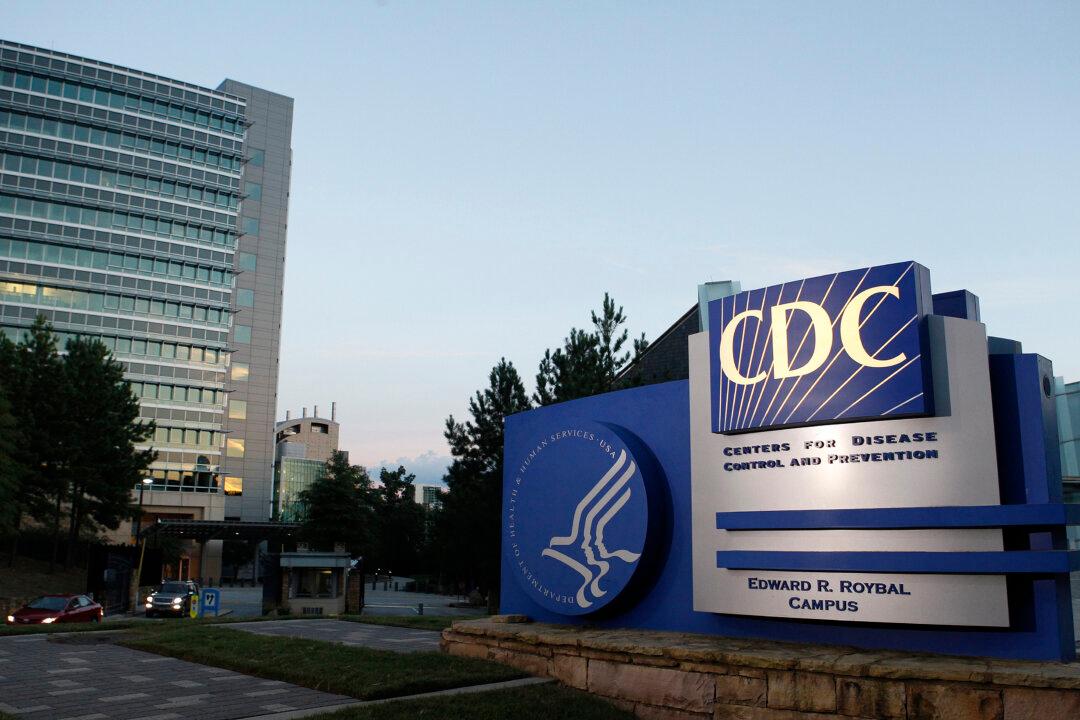People with underlying medical conditions are able to receive the COVID-19 vaccination as long as they haven’t had a severe allergic reaction to any of the ingredients, the U.S. Centers for Disease Control and Prevention (CDC) said.
The CDC issued the new guidance on Dec. 26, aimed at helping adults with underlying health conditions or weakened immune systems to decide whether the newly released COVID-19 vaccine is appropriate for them.




